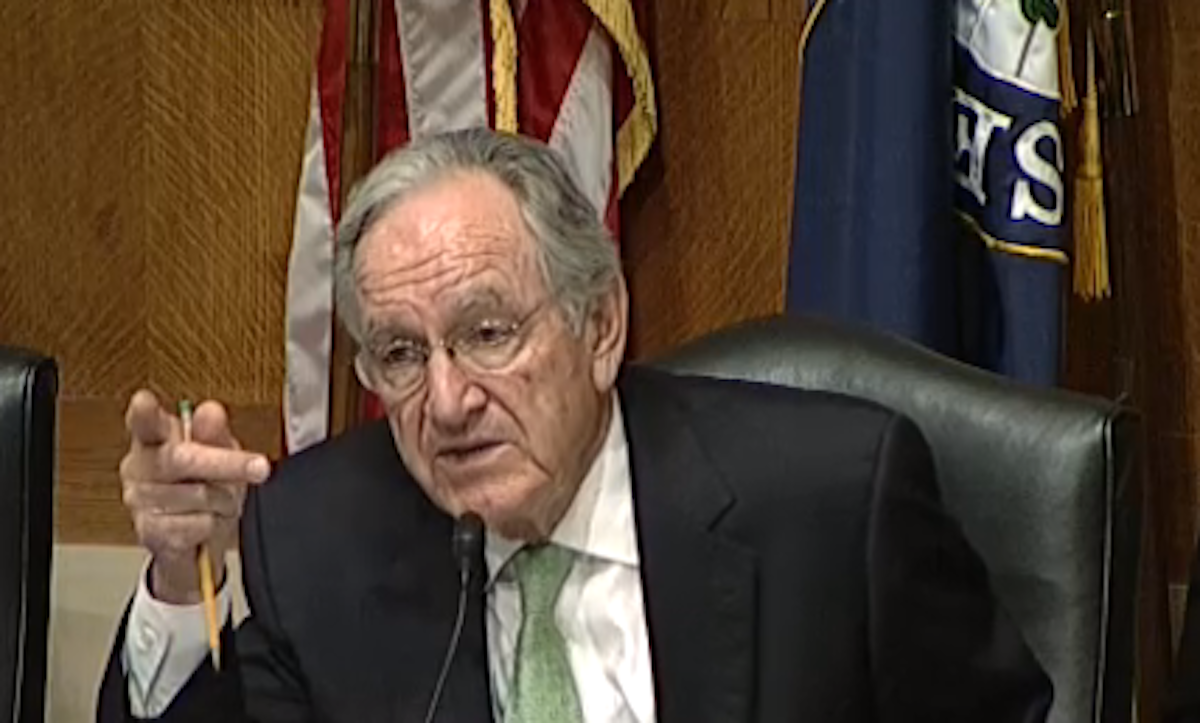WASHINGTON– On the heels of a Capitol Hill inquiry into sexual assault on campuses, activists are calling for more transparency at colleges and universities.
“This is an issue that been swept under the rug for far too long,” said Sen. Tom Harkin, D-Iowa, chairman of the Health, Education, Labor and Pensions Committee. The panel hosted a hearing last week where Harkin and witnesses criticized the way colleges have handled cases of sexual assault.
“It’s pretty apparent that there’s not only a prevalence of sexual assault but also a prevalence of poor and traumatizing responses to it on college campuses,” John Kelly, a rising senior at Tufts University, said in an interview following the hearing.
Kelly, a witness at the hearing, testified that he was raped during his freshman and sophomore years after entering into a relationship that became abusive.
At the time, Tufts University was under investigation for Title IX violations on how it handled sexual assault cases, but word of the investigation was not public. The Education Department found that Tufts did not provide “prompt and equitable responses to student complaints of sexual assault and harassment” and did not ensure equal opportunity or protection for complainants. Kelly said his assailant was suspended but not expelled.
Although Tufts could not comment on the specific case, university officials said “preventing and addressing sexual misconduct are among the highest priorities for Tufts.” The school has since agreed to work with the Education Department’s office of civil rights to improve its policies.
Tufts was one of 55 schools under investigation for their sexual assault and harassment policies, according to an Education Department report.
The report, made public by the newly created White House Task Force on Campus Sexual Assault, represents a significant step towards greater transparency. Subsequent media attention has helped bring Congress into the debate.
However, many students and activists say there is still much to be done.
“It’s a public accountability issue,” said Monika Johnson Hostler, executive director of the North Carolina Coalition Against Sexual Assault. “Sexual assault policies should be just as accessible to students as any other school policy.”
Kelly, in a telephone interview, compared Tufts’ sexual assault policies with its policy on plagiarism.
“They make a huge deal during orientation about plagiarism and students know if they plagiarize they can be expelled on the spot,” Kelly said. “When there’s that kind of attitude toward cheating on a paper and not sexual violence, something’s not right.”
Both Kelly and Hostler said schools need to publish their policies in a central location and identify a range of sanctions for violators. Hostler, in an interview, said such a system would also allow current and incoming students to be aware of school’s standards. Activists agree that would be a crucial step in policy reform.
“There needs to be more openness,” Kelly said. “It’s hard to activate around a situation if you don’t even know what the school’s policy on it is.”
Last year, Congress renewed and updated the Violence Against Women Act (VAWA). The Education Department is working with universities to integrate VAWA legislation into campus policy and plans to issue final regulations as to how to do so on Nov. 1.

